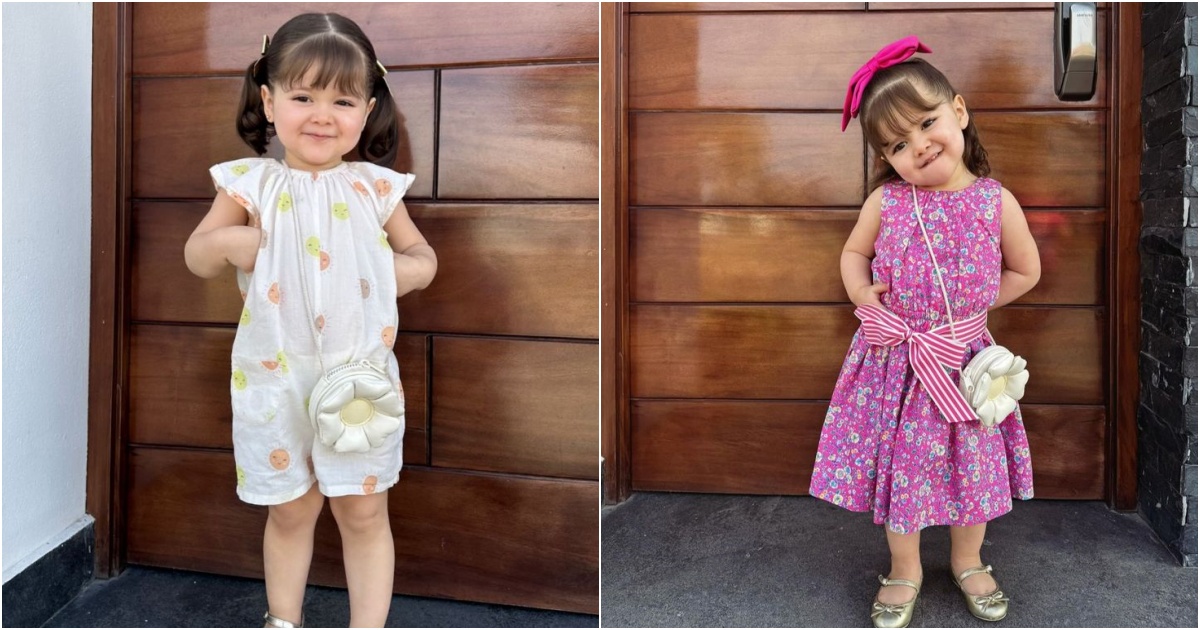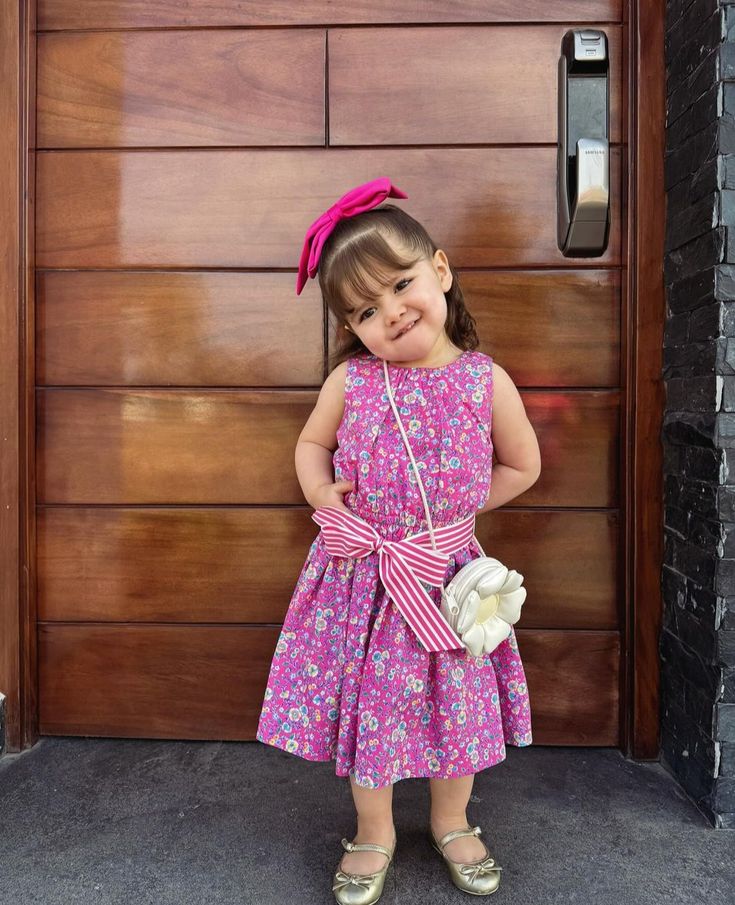
No adult can truly bear the burdens of a child, nor can they fully experience the ups and downs of life as a child does. While adults often think they understand the challenges children face, the reality is that the experiences of a child are unique and profoundly different from those of an adult.

Children navigate a world that is vast, new, and often overwhelming. Every day brings new challenges, from learning how to interact with others to understanding the complexities of emotions and relationships. The innocence and vulnerability of childhood mean that even small obstacles can feel like insurmountable hurdles. A misunderstood word, a failed attempt at a new skill, or a disagreement with a friend can deeply affect a child in ways that adults might not fully grasp.

Moreover, the emotional world of a child is rich and intense. Their joys are pure and boundless, but their sorrows can be equally profound. Unlike adults, who have years of experience and developed coping mechanisms, children are still learning how to manage and understand their feelings. The weight of these emotions can be heavy, and without the tools to process them, a child can feel isolated in their struggles.

Adults, with their responsibilities and life experiences, may look back on childhood as a simpler time, but this perspective can overlook the real challenges that children face. The journey of growing up is filled with learning, exploration, and often confusion. It’s a time when every experience is new, and the world is a place of discovery but also of uncertainty.

Understanding that a child’s burdens are not lighter, just different, is crucial. While adults may offer guidance and support, they can never fully walk in a child’s shoes. Acknowledging the uniqueness of a child’s experience is the first step in providing the compassion and patience needed to help them navigate their complex world





